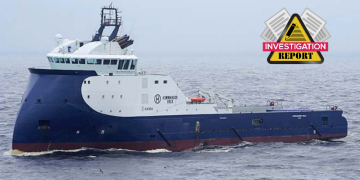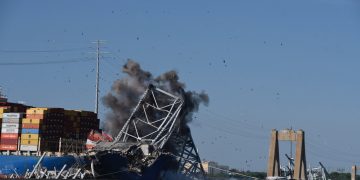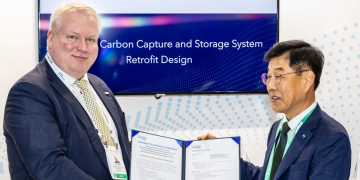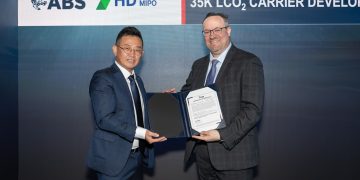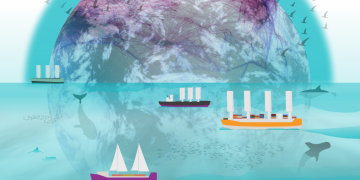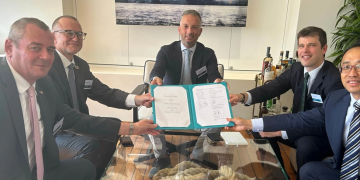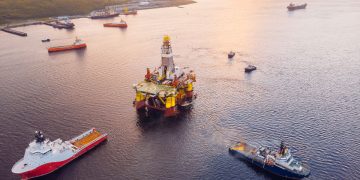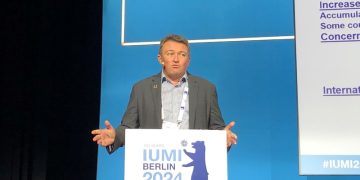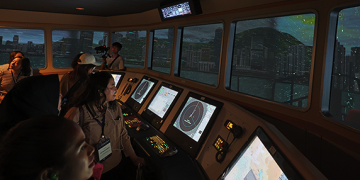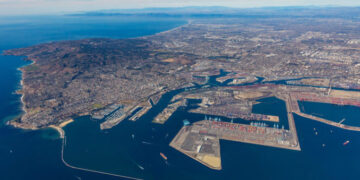EU Maritime sector needs long-term sustainable strategy
Local and regional authorities have backed EU plans to improve knowledge and support innovation of Europe’s €500bn maritime and marine sector as part of its efforts to boost growth. The Committee of the Regions (CoR) – the EU’s assembly of local and regional governments – stress, however, there must be a greater focus on supporting public-private partnerships. Its success also hinges on taking a cross-policy approach coordinating research, economic, transport and fisheries policy to create jobs and ensure the launch of a long-term sustainable strategy. The position was outlined in an opinion - adopted by the CoR - reacting to European Commission plans to digitally map Europe’s seabed by 2020, further develop marine knowledge and launch a Blue Economy Business and Science Forum, alongside measures to secure highly skilled workforce. The EU has long acknowledged the economic benefits of the marine and maritime sector, "It represents roughly 5.4 million jobs and generates almost €500 billion a year so the 'blue economy' plays a crucial role in kick-starting Europe’s ailing economy, especially for those coastal regions so reliant on the sector”, remarked Adam Banaszak (PL/ECR), Member of the Kujawsko-Pomorskie, who led the CoRs’ opinion. Mr Banaszak further stressed how “blue growth" ...
Read more







